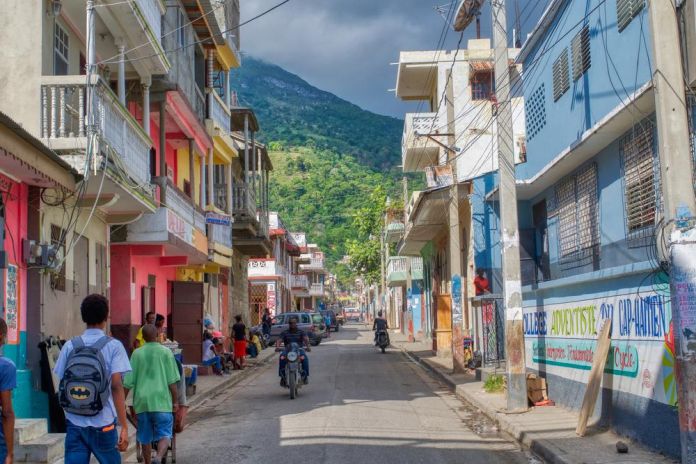BRIDGETOWN, Barbados – The Caribbean Development Bank (CDB), in collaboration with the Caribbean Disaster Emergency Management Agency (CDEMA), CARICOM Regional Organisation for Standards and Quality (CROSQ) and other key partners, announced the launch of the Safer Building Programme under the theme “Build Safe: Constructing Homes for Tomorrow” as part of its ongoing commitment to bolster holistic resilience strategies throughout the region. This initiative, supported by CDB, the government of Norway, USAID, and others, underscores the region’s commitment to improving infrastructure, enhancing safety, and preparing for more frequent and severe weather events.
The project’s core objective is to enhance the resilience of homes and communities in the Caribbean to hurricanes and other extreme weather phenomena. The September 24 launch was a culmination of five years of collaboration with CDB, which commenced with an initial investment of over USD 270,000 from the bank’s Special Development Fund. At the heart of the project is the Code of Practice (COP) for the Construction of Houses, first developed in 2005 by CDEMA in collaboration with CROSQ. The Code has since been updated, with support from CDB, to ensure homes in the Caribbean can withstand hurricanes of up to Category 5. Regional Train-the-Trainer Workshops, conducted earlier in the project, equipped professionals in 16 countries with the skills to implement the updated code, ensuring the principles are applied throughout the construction industry.
Speaking at the launch event, Michel Thomas, senior operations officer at CDB, highlighted the initiative’s importance, stating:
“CDB is pleased to mark another significant milestone in our collective journey to build a more resilient Caribbean. The updated Code of Practice, alongside capacity-building initiatives and materials, and awareness campaigns financed by the bank’s Caribbean Technological Consultancy Services (CTCS), will ensure that our homes are not only disaster-resistant but that an ecosystem exists to safeguard our vulnerable Caribbean societies in the face of a changing climate.”
CDEMA’s executive director, Elizabeth Riley, also addressed the event, emphasizing the severe impacts of disasters on housing in the region.
“We’ve been very pleased to partner with critical regional and development partners towards achieving the goal of resilience, particularly as it relates to the housing sector. The economic cost of disasters to the region has been substantial, exceeding USD 28 billion over the last seven decades. There is no doubt that climate change has triggered phenomenal changes in our weather patterns, leading to severe and catastrophic impacts within our region.”
A significant achievement of the initiative is the creation of a Caribbean Vocational Qualification (CVQ) programme, which certifies artisans and contractors in the updated COP standards. This provides formal recognition of skills for those in the informal construction sector, many of whom are essential to regional disaster risk reduction efforts. Additionally, Knowledge, Attitudes, and Practices (KAP) studies were conducted in eight countries to guide training programmes and awareness campaigns, encouraging the adoption of safe building practices across the region.
As the Caribbean faces growing threats from extreme weather, CDB and its partners remain committed to promoting resilience through strengthened infrastructure and enhanced disaster preparedness.





